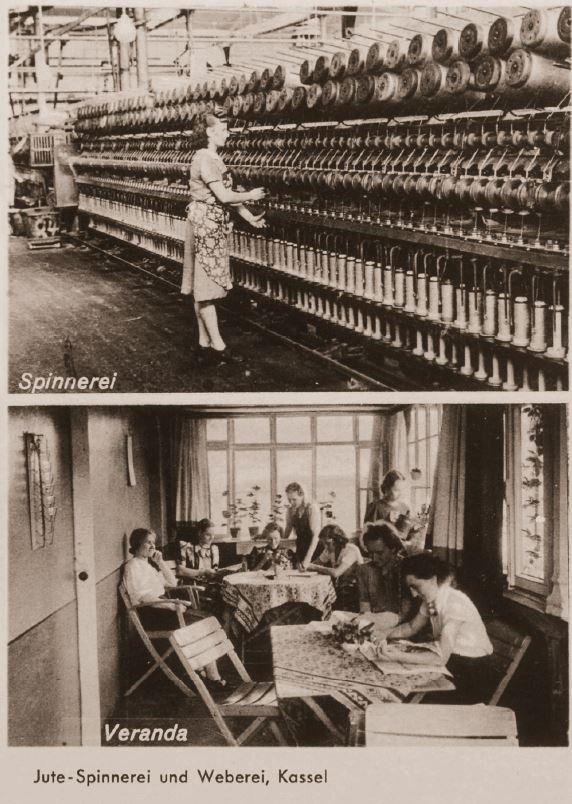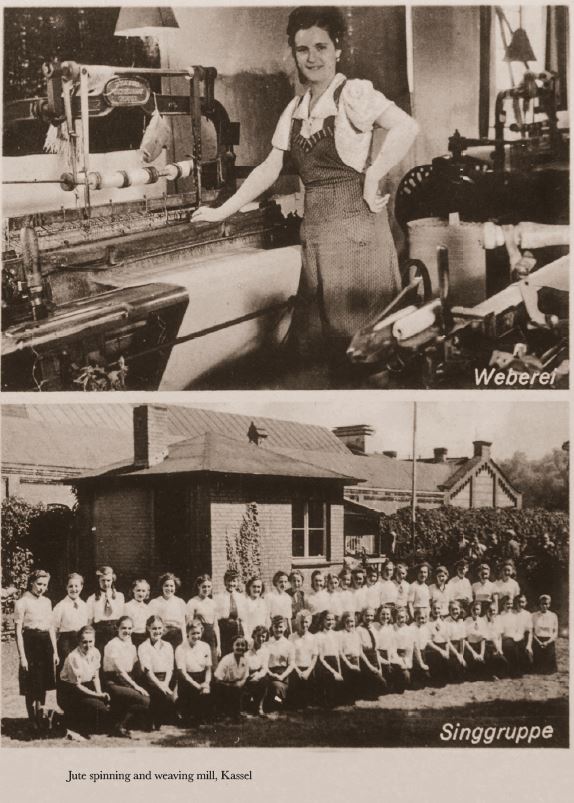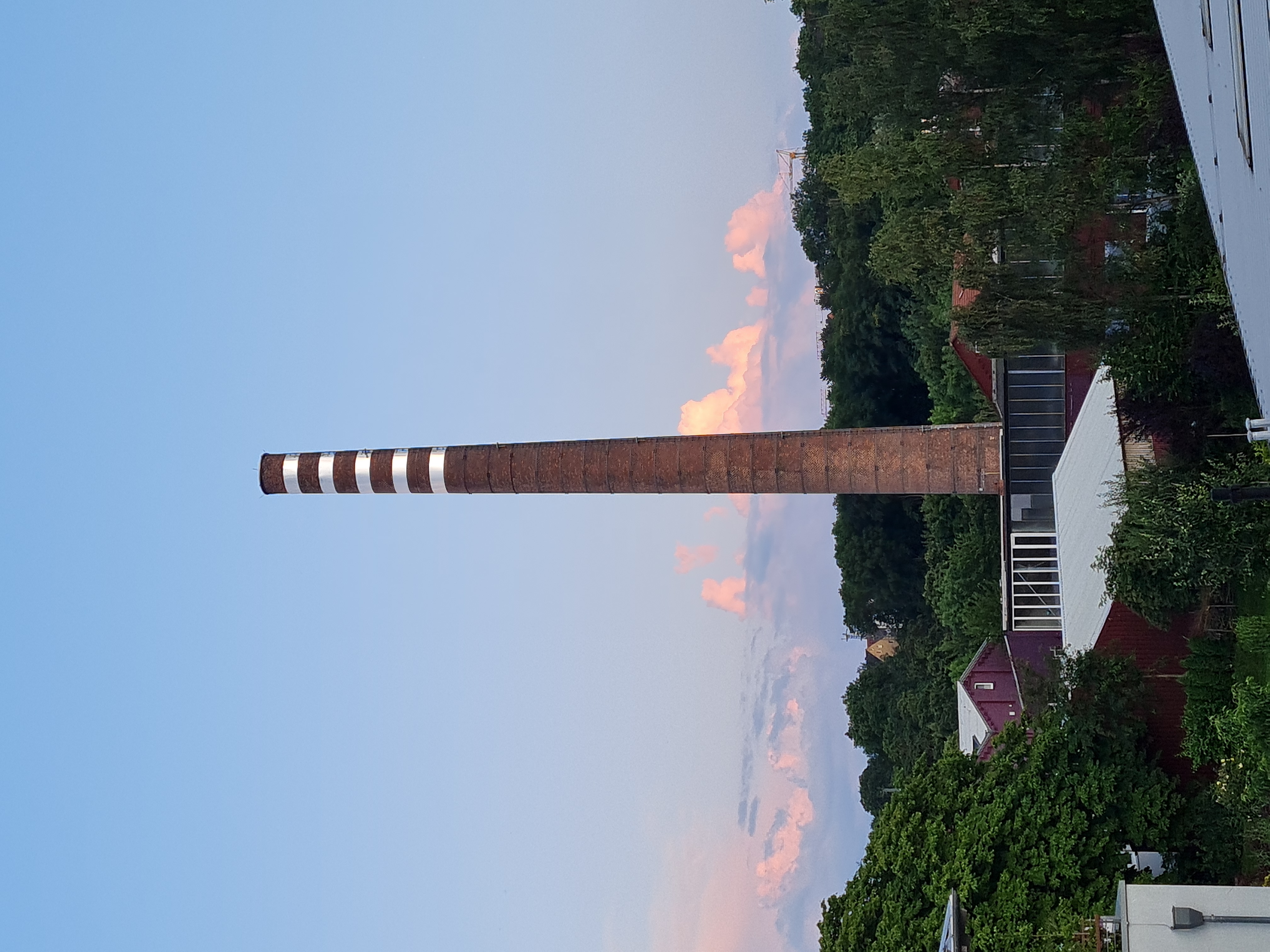History
The jute spinning mill was founded in 1882 by the Rubensohn family. The main business was the production of packaging materials from jute fibre, which was very cheap compared to cotton, hemp and flax.
In addition, the raw fibre was used to produce yarns for cable works, rope factories and fuse.
The company developed well and also reached overseas markets with its products. With a workforce of around 1,000 people, production increased to 6,000 tonnes of yarn, 8 million metres of fabric and 7 million sacks per year.
Before the Second World War, the premises also included a dining hall with kitchen and canteen, a tub and shower facility, 18 flats and allotment gardens.


After the war, the factory was 90% destroyed - total loss around 3 million.
As early as 1946, production was resumed, at least on a small scale, thanks to the self-sacrificing efforts of the management and employees at that time.
However, the situation of the jute industry in Germany deteriorated increasingly. Consumers in the eastern part of the world dropped out as buyers; production in the home countries of the jute fibres was much cheaper.
Gradually, operations on the Rothenditmold site were discontinued. The last witness of the company that existed for many years is the huge factory chimney, a monument, so to speak, to an industrial heyday that recalls an era that now belongs to history.

Today, Jute Kassel is a competent trading partner for jute fibres and jute products and is active worldwide. We have long-standing relationships in the countries of origin and our international clientele benefits from our know-how, our innovative strength and our service readyness.
